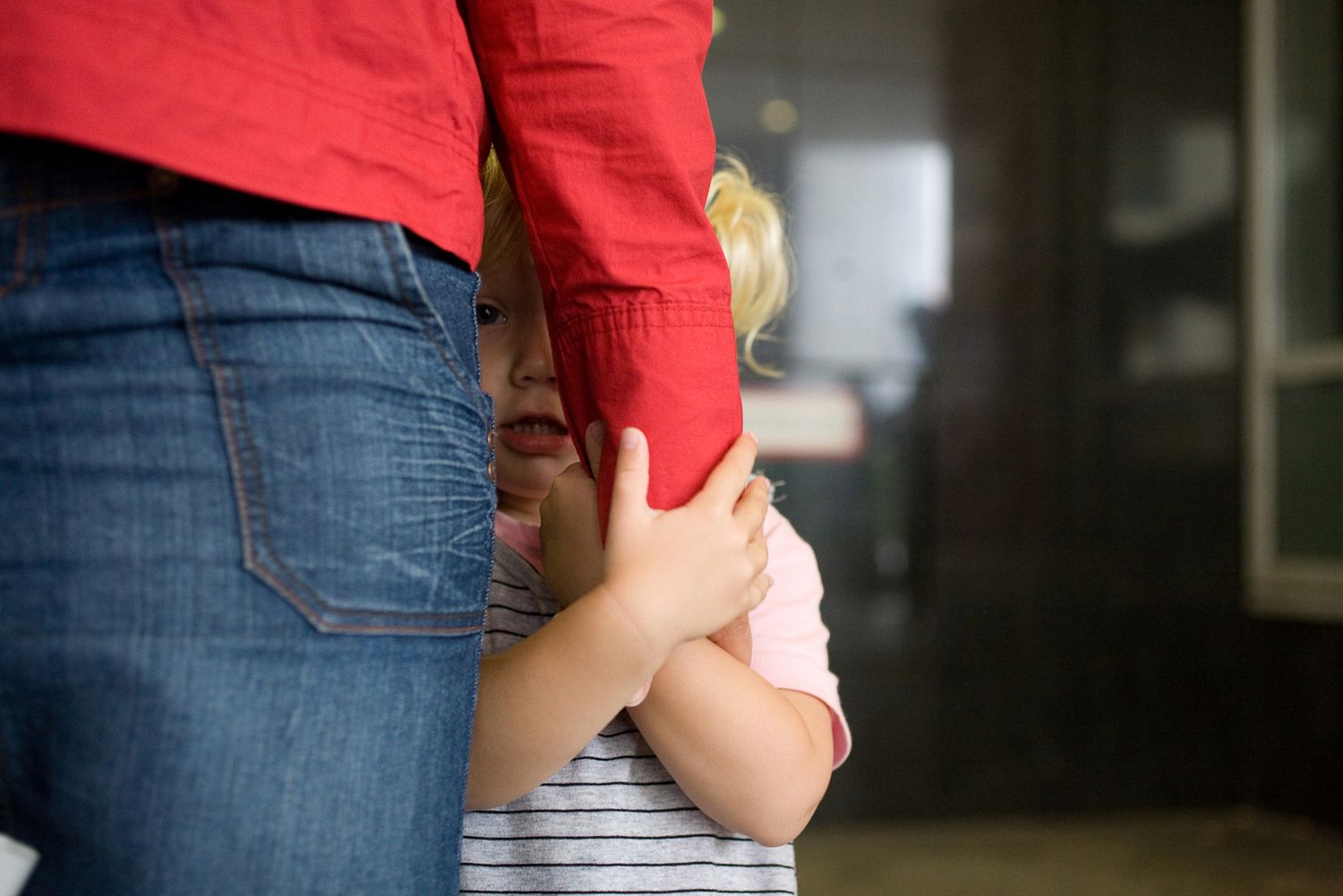How Can You Support a Shy Child to Become Courageous?

Each child has their own uniqueness. There are children who are very sociable and dare to initiate conversations with people they have just seen. There are children who may take a few minutes to be able to join in on a friend's conversation and there are even children who are reluctant to want to join their friends because they are embarrassed. So what can parents do to encourage children?
Do not forget that children are learners
When in a public place or meeting with family members, avoid words that can make children label themselves, namely the label "shame". Phrases like "oh he's shy when meeting new people" will make the child believe that he is actually shy more and more. Give time for the child to want to be able to sit with his cousin whom he meets for the first time. Not only allowing children to give time, also helping children by accompanying them to meet their cousins.
Introduce children to many new situations
One way that parents can do so that children can be more courageous in expressing themselves is to provide a lot of stimulation in a new environment. For example, parents can enroll their child in music class, sports class, or whatever class the child wants and have many other children their own age group. This can also be done as early as possible, such as starting from the age of 4 to develop children's social skills.
Prepare the child before they enter a new environment
Children will always need validation and support from their parents. Remind your child that he has succeeded in starting a conversation and also trying to make new friends. Help him to see the new situation as a positive thing and give the child an idea of what might be faced. For example, when your child is going to a new music class, say that they will make some new friends later. Invite children to initiate such as asking "do you want to bring food for your friend or not?" so that children will also try to find ways to have friends.
Check with the experts
Shyness is a trait that children have but does not always become a barrier for children to be able to adapt to their environment. If a child is shy when he is among people he just met, this is normal. However, if a child shows embarrassment by consistently not wanting to meet new people, feels nervous when talking to new people, feels that other people will make fun of him, then it is important for parents to know the different degrees of shyness that children have.
If a child exhibits inappropriate behavior when embarrassed, then immediately consult an expert to get to the root cause of the child's shyness and how to manage it. Parents will always be learning facilitators for children in the real world so if your child is shy, believe that he will adapt and develop himself over time.
Reference
Grady, J.S. (2020). Parents' reactions to toddlers' emotions: Relations with toddler shyness and gender. Early child development and care, 190(12), 1855-1862.
https://www.psychologytoday.com/intl/blog/how-raise-happy-cooperative-child/201703/the-shy-child
Written by Sarah Aurelia, M.Psi of the BehaviorPals Centre.
shy child, brave child, parenting a child
Children 4 Years - 6 Years / 4 Tahun - 6 Tahun / Social Development / Tumbuh Kembang Sosial / Education / Pendidikan / How Can You Support a Shy Child to Become Courageous?
Comments















